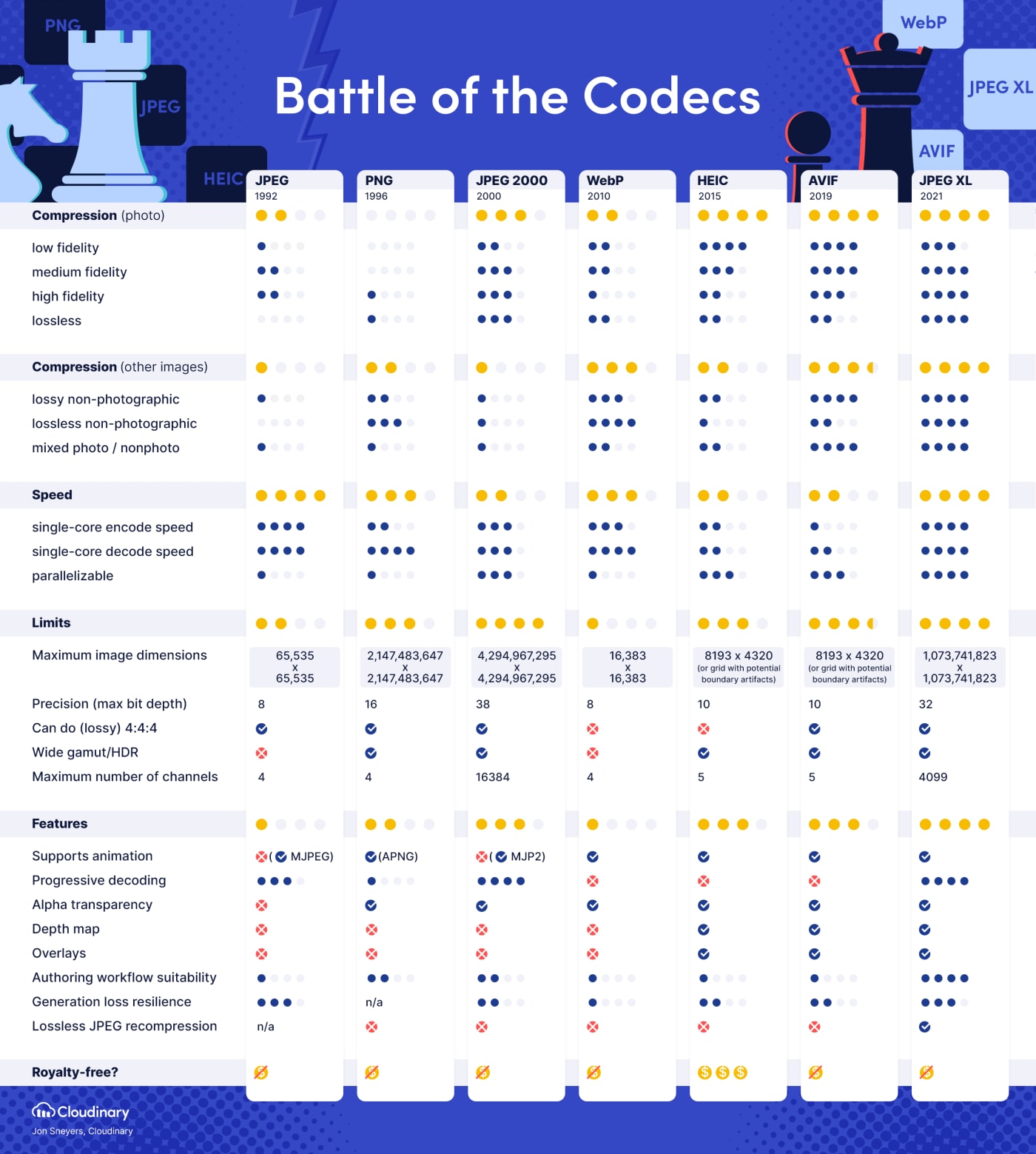I’m getting a bit tired of seeing boobs nonsensically attached to concepts/objects. It’s not like female coding characters is a sin per se, but I often find that the material would lose nothing in its absence. Like now—there’s an entire panel dedicated to showing their love. So why bother?
So yeah, I dislike it and also think it’s unnecessarily.
That said, if by “so we know it’s not a gay romance” you mean that to be the artist’s intent, I don’t see why that must be the case. Without looking into them, it seems just as likely that they could’ve simply not thought about it at all. Maybe they’re straight and just drew that. While it wouldn’t be LGBT+ inclusive, it needn’t necessarily be “so that people don’t think it’s gay.”
Hope I didn’t wildly misread or overanalyze your comment. You’re clearly not glad, but I can’t tell if you’re adding the last part for the sake of humor, or if you were bothered by what you believed to be a possible LGBT+ exclusionary depiction of romance.









I don’t know about movies, but have you seen their highly informative and helpful comments on tech and free software? Amazing stuff, could probably make a career out of it.